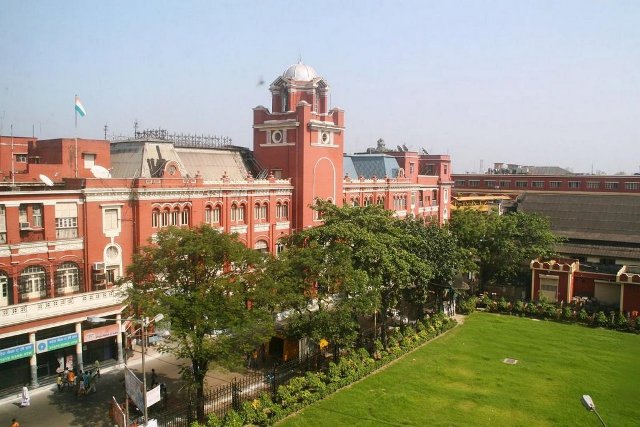Trinamool Congress today released the Manifesto for the upcoming Kolkata Municipal Polls. The Manifesto is a reflection of the road map for the next five years. One of the highlights of the manifesto is there would be social accountability, development, progress, peace, no burden of taxes and secularism.
Before the launch, Secretary General of the party, Partha Chatterjee addressed the press highlighting the achievements of the KMC in the last five years. “We will make it (the city) green and clean,” he said.
From simplification of taxes, to lighting of streets to launch of free WiFi, KMC under the guidance of Mamata Banerjee has done a spending job, he said. He added that the drainage system has improved a lot in the last five years.
Partha Chatterjee also said, “Under the leadership of Mayor Sovan Chatterjee, we seek blessings from people based on the work done in five years. We appeal to all sections of the society to come forward and shower us with votes to carry forward the surge of development.”
He urged the people to vote for Trinamool candidates in all the 144 wards of Kolkata.


